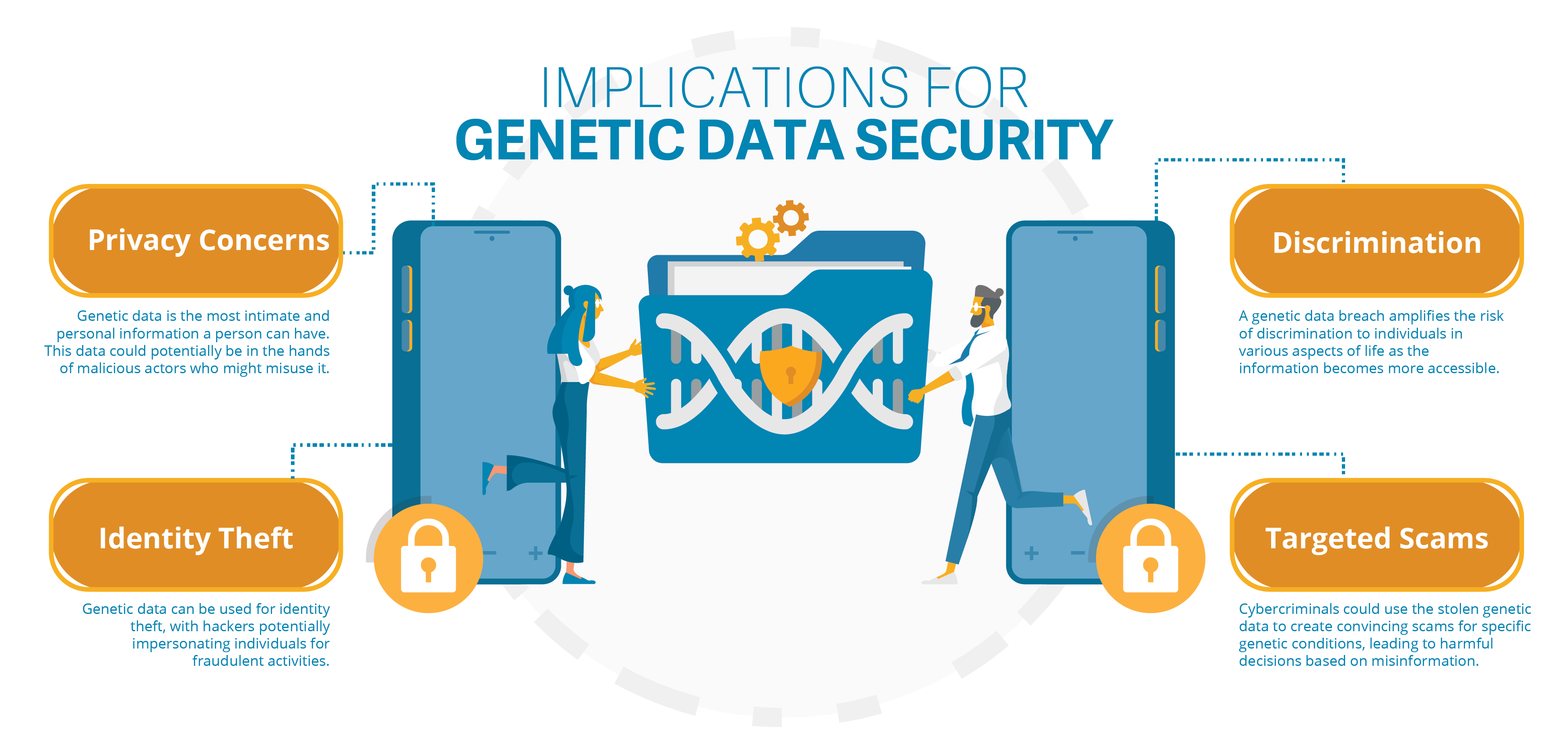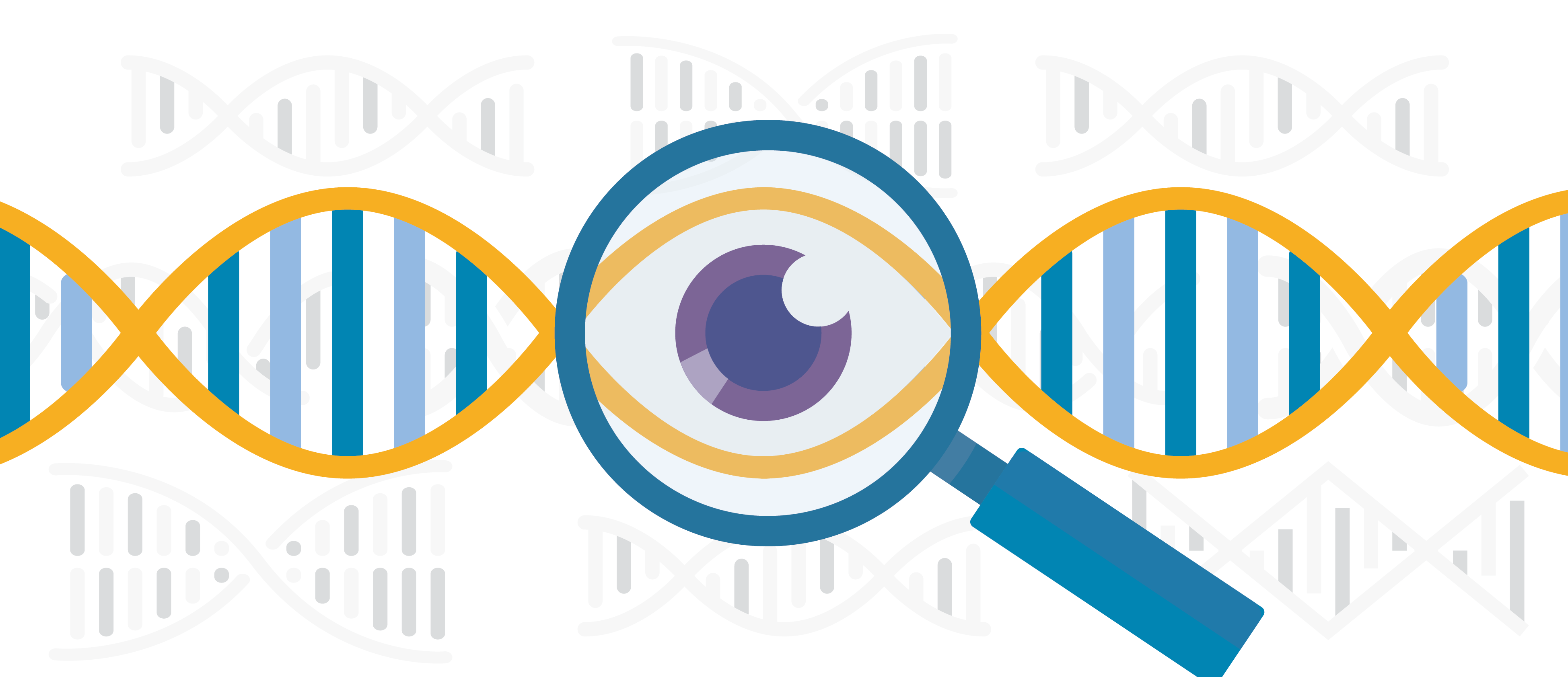Genetic testing has revolutionized the way we understand our ancestry, health, and potential genetic predispositions. Companies like 23andMe have made it easy for individuals to explore their DNA, but this newfound convenience also brings about new concerns.
In October 2023, the world was rocked by news of a massive data breach at 23andMe, affecting millions of users. This breach has raised serious questions about the security of genetic data and the implications for privacy, identity theft, and more.
The 23andMe Data Breach

The breach at 23andMe involved unauthorized access to the company's database, which contains the genetic information of millions of users. The breach exposed sensitive and highly personal data, including users' DNA data, health information, and, in some cases, contact information. It is believed that this breach resulted in the theft of a significant amount of data, potentially putting users' privacy and security at risk.
The data breach was revealed on Friday, October 13th after hackers published a database titled “ashkenazi DNA Data of Celebrities” on dark web forums. Most of the people on the list are not famous, and the database includes information such as display names, sex, birth year, and some details about users' genetic ancestry results. As a result of the breach, 23andMe is facing a class action lawsuit over its security practices.
Implications for Genetic Data Security

Privacy Concerns: Genetic data is some of the most intimate and personal information a person can have. It can reveal not only one's genetic predispositions to certain diseases but also information about relatives and, in some cases, even ancestry. With the breach, this data could potentially be in the hands of malicious actors who might misuse it.
Identity Theft: Genetic data can be used for identity theft, with hackers potentially impersonating individuals for fraudulent activities. For example, they could attempt to gain access to healthcare services, insurance benefits, or financial accounts using a victim's genetic identity.
Discrimination: Genetic data can be used to discriminate against individuals in various aspects of life, such as employment, insurance coverage, and even social relationships. A data breach amplifies the risk of such discrimination as the information becomes more accessible.
Targeted Scams: Cybercriminals could use the stolen genetic data to create convincing scams that prey on users' fears about their health or ancestry. These scams may be tailored to specific genetic conditions, leading individuals to make harmful decisions based on misinformation.
Security Measures and the Way Forward

In light of the 23andMe data breach, it is crucial for genetic testing companies to reevaluate their security measures and take steps to enhance the protection of their users' data. Here are some potential strategies:
Encryption: Data should be encrypted both during transmission and while at rest. This added layer of security can significantly reduce the risk of unauthorized access.
Multi-Factor Authentication: Implementing multi-factor authentication for user accounts can make it more difficult for hackers to gain access to sensitive data.
Regular Security Audits: Genetic testing companies should conduct regular security audits and penetration testing to identify vulnerabilities and address them promptly.
Enhanced User Education: Companies should also educate their users about the importance of strong, unique passwords and how to recognize phishing attempts and other potential security threats.
Regulatory Compliance: Companies should ensure that they are compliant with data protection laws, such as the General Data Protection Regulation (GDPR) in Europe and the Health Insurance Portability and Accountability Act (HIPAA) in the United States.
Ethical Hacking: Employing ethical hackers to identify vulnerabilities in their systems before malicious actors can exploit them can be a proactive approach to security.
The 23andMe data breach serves as a stark reminder of the potential risks associated with the vast amount of personal information being stored in the digital age. Genetic testing companies must prioritize the security and privacy of their users' data to maintain public trust and confidence.
As consumers, we should also be vigilant, making informed choices about the genetic testing services we use and taking steps to protect our own digital identities. This breach is a wake-up call for both the industry and its users, emphasizing the need for robust data security in an increasingly data-driven world.
